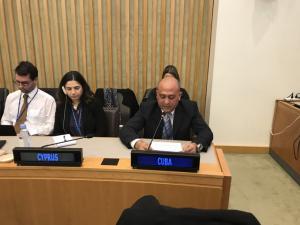
New York, February 11, 2020. Cuba participated in the Second Substantive Session of the Open-ended Working Group of the UN General Assembly on advances in the field of information and telecommunications in the context of international security, which It is celebrated at the United Nations.
The Cuban expert Miguel Gutiérrez Rodríguez argued that guaranteeing a useful, profitable, peaceful, safe, open and cooperative cyberspace that contributes to the realization of the objectives of the 2030 Agenda for Sustainable Development and the well-being of all nations, are fundamental principles that should guide the work of this Group. Likewise, norms, rules and principles of behavior that complement the principles of International Law and the Charter of the United Nations, including respect for the sovereign equality of States, territorial integrity, non-intervention in the internal affairs of States and the non-use or threat of the use of force.
States are primarily responsible for the preservation of international peace and security in this area, given their impact on the development and implementation of regulations and policies. Internet public policy issues are a sovereign right of states. He also recognized the validity of a democratic and participatory internet governance model, based on the UN Charter, international law and multilateralism, which includes all stakeholders according to their respective roles and responsibilities.
Gutierrez Rodriguez, who works at the Ministry of Communications of Cuba, referred to a group of trends and threats that are observed today around ICT and outlined how these technologies do not represent a threat in themselves, but their potential illegal uses that They could affect international peace and security.
Among these threats are, for example, the use of information and communication technologies as a pretext for the unleashing of wars, the threat or use of force, subversion and destabilization - the Task Force, for example. Internet created by the United States Government against Cuba -; the covert and illegal employment by individuals, organizations and States of computer systems of other nations to carry out computer attacks against third countries.





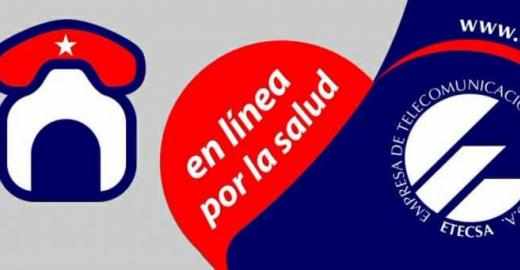
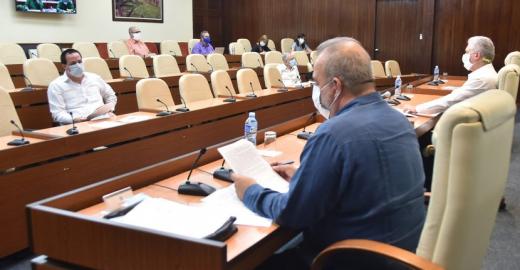




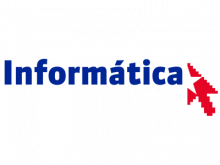
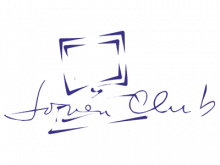
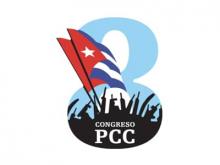
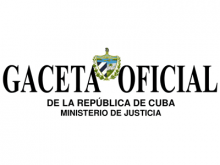
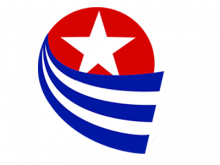
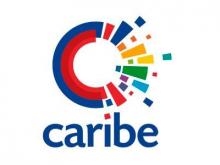
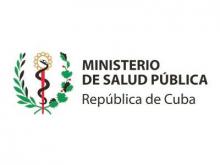

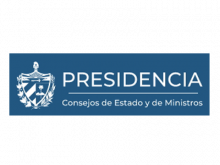

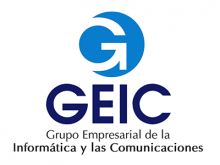
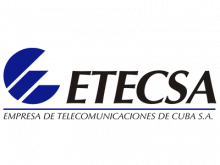
Publicar nuevo comentario